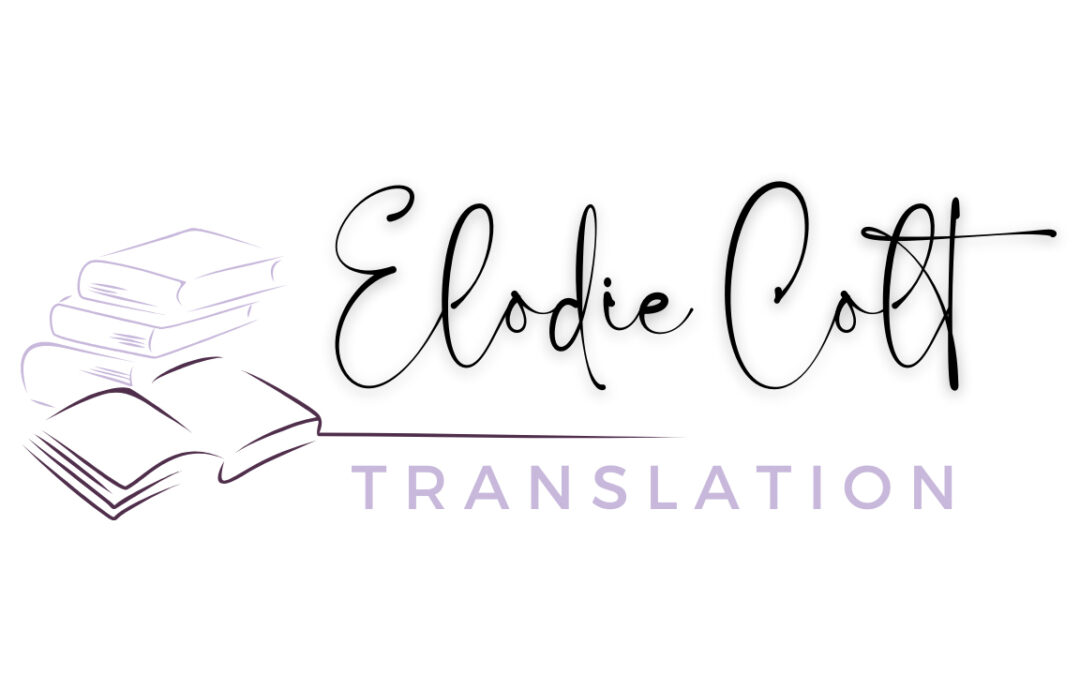When considering translating your book for a new market, it’s essential to understand which types of books are most likely to resonate with your target audience. Here are a few key factors to consider when deciding if your book is suitable for translation.
Length Matters: Novels Over Novellas
While American readers are also fans of novellas or shorter stories, German readers prefer longer novels. Of course, these types of stories can be captivating, but they simply don’t sell as well in the German market. If you have a full-length novel, especially if it’s part of a series, it stands a better chance of attracting German readers. Spin-offs linked to a main series can also do well, but they should ideally be extensions of longer, established works.
Genre Preferences: Know Your Audience
Different genres perform differently across markets. For instance, while sports romances are popular in the US, they don’t have the same level of success in Germany. Understanding the tastes and preferences of your readers can help you decide if your book is a good fit. Genres like crime, thriller, historical fiction, and contemporary romance tend to perform well in Germany.
Financial Considerations: Plan for the Long Haul
Translations can be expensive, and it’s important to factor in the cost when planning to enter a new market. If you have a series with multiple books, it’s crucial to consider whether you can afford to translate all of them. German readers, like many others, appreciate consistency and continuity in series. If you start translating a series, be prepared to commit to translating all the books to maintain reader engagement and satisfaction.
Cultural Nuances: Localization is Key
Beyond just translating words, it’s important to adapt your book to fit cultural nuances. Idioms, humor, and cultural references that work well in one language might not translate directly into another. Working with a translator who understands these subtleties can make a significant difference in how well your book is received.
Conclusion: Making an Informed Decision
Translating your book can open up new and exciting opportunities, but it requires careful consideration and planning. By understanding the preferences of your readers, planning for financial implications, and working with a skilled translator, you can increase the chances of your book’s success in the local markets.
If you’re considering translating your book and need expert guidance, feel free to reach out. Let’s make your story resonate with readers around the world!





